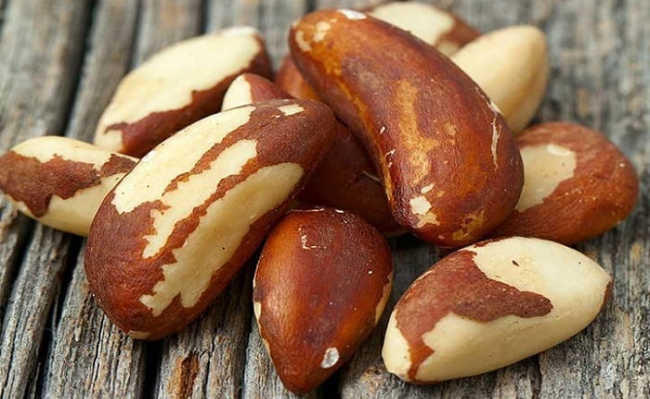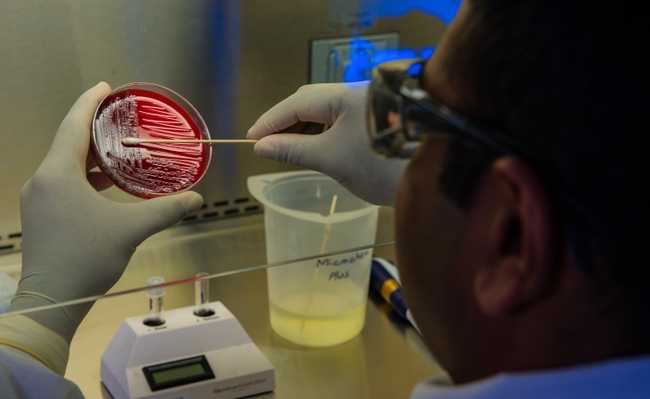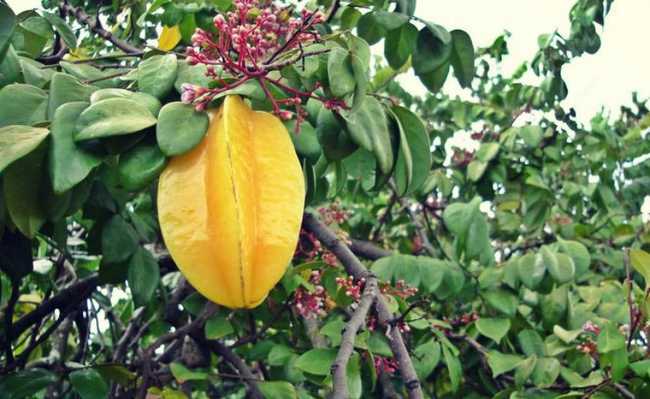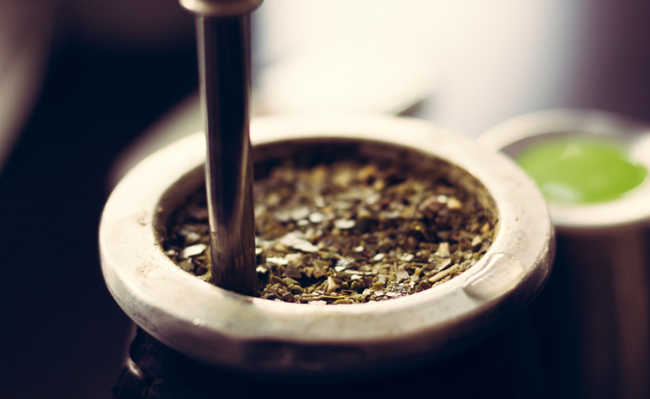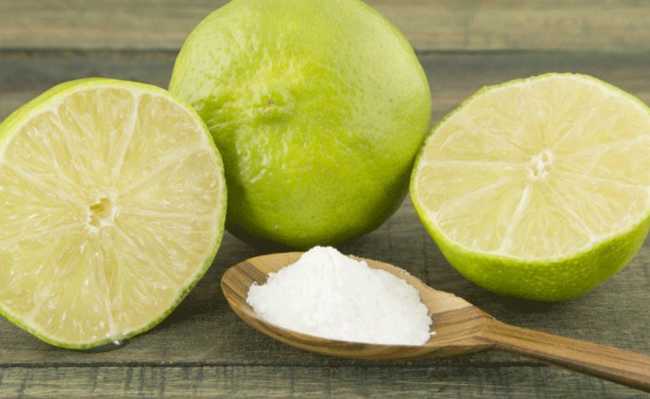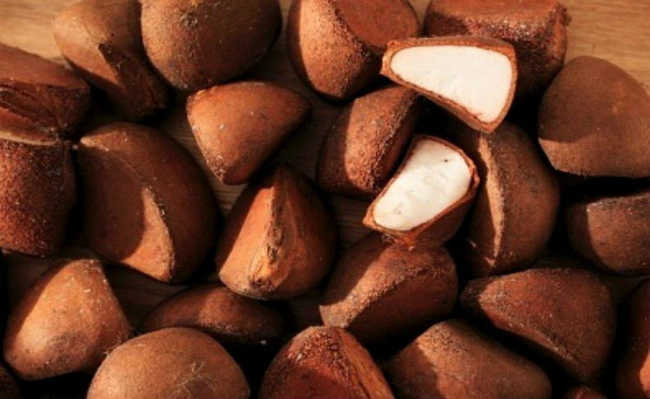Sao caetano melon: plant has pharmaceutical potential
Properties of Saint Caetano melon are really impressive
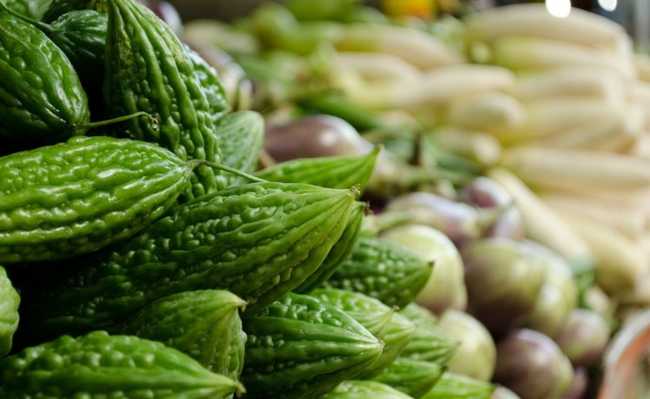
The sao caetano melon (Momordica charantia L.) is a wild plant species of the Cucurbitaceae family. It can be found in both urban and rural areas, and is traditionally used for medicinal purposes. The melon-de-Saint-Caetano, originally from India and China, is a vine with fruits and leaves with a bitter taste. The fruit is known to have properties that treat diabetes and wounds, both external and internal, as well as other various medicinal activities such as antibiotic, antioxidant, antiviral and tonic.
- Cucumber: benefits of food to beauty
Rich in vitamin C and with a significant amount of vitamin B9, different parts of Saint Caetano's melon are used in traditional Asian and African medicines to alleviate the effects of diabetes, treat stomach problems, cough, respiratory and skin problems. , ulcer and rheumatism.
- What is vitamin C and why is it important?
There are also several studies that point out the potential effects of the melon-de-Saint-Caetano to treat cancer, but it is not simply about the consumption of the vegetable or its leaves. Studies indicate that some purified proteins from Saint Caetano melon are able to block the ability of cells to produce other proteins, which can be used to prevent the tumor from growing or to eliminate it.
The studies were carried out with extracts or very high concentrations of the fruit and demonstrate the potential of the melon-de-Saint-Caetano for pharmaceutical use, in the development of new medicines to fight some specific types of cancer. Professor David Majerowicz, from the Faculty of Pharmacy at the Federal University of Rio de Janeiro, warns that it is necessary to be careful with texts and incomplete information that say that the melon-de-São-Caetano cures cancer, which is not true.
According to the extensive literature review presented by Majerowicz on his science outreach blog, the only research done with humans was carried out by a group in Thailand, in 2003. The study analyzed the effect of Saint Caetano melon on women with cancer of the uterus that were undergoing radiotherapy. Scientists did not observe any difference in tumors between those who received the plant and those who did not. Thus, highlights Majerowicz, "it is frivolous and dangerous to say that the melon-de-Saint-Caetano is capable of curing cancer". Until now, all other tests have been done only on cells cultured in the laboratory or in mice.
Although the consumption of melon-de-Saint-Caetano does not cure cancer, the results of more than 200 researches carried out with the fruit are promising. It proves to be an interesting source of new compounds with activity to fight tumors, but scientists are far from proving that consuming the plant helps sick people. "The proteins [from sao caetano melon] will probably be digested in the patient's stomach and will lose their effects", explains the professor at UFRJ. He points out that fat and other compounds may not be absorbed or be present in a very small amount, so that the consumption of the plant, even if it is high, would not be enough to attack tumors.
Thus, including Saint Caetano melon in your diet is a good option to diversify your diet and obtain essential vitamins and minerals for the proper functioning of the organism, but it does not work a miracle. Plants and other natural remedies are options to complement the treatment and may be enough to solve simple health problems, but this is not the case with cancer. Cancer patients should never substitute medical treatment prescribed by his/her oncologist for options that are not scientifically proven.

